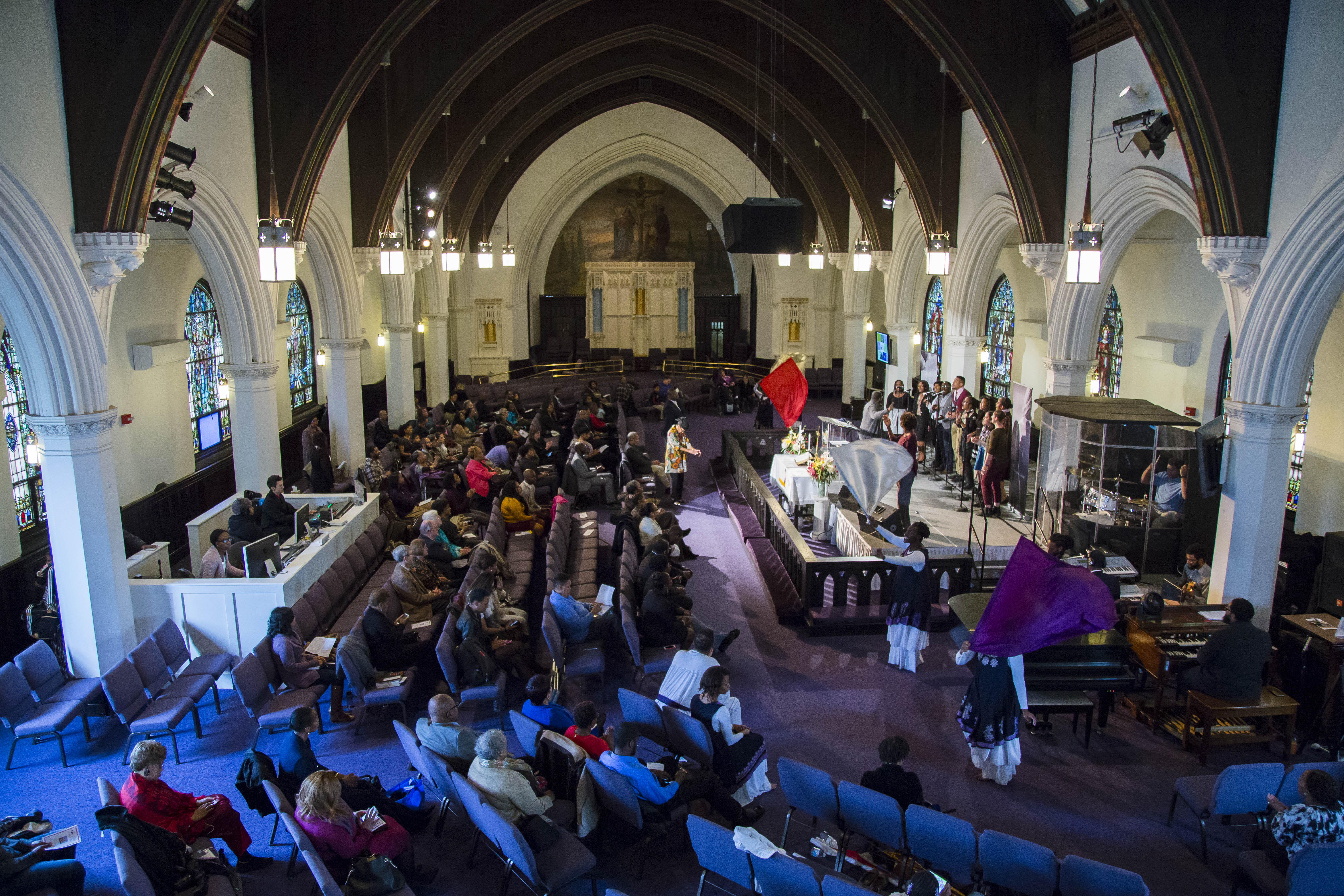An unexpected health crisis can serve as a stark reminder that it is never too soon to express your end-of-life wishes to your loved ones. It can also be an inspiration for taking action to help others.
At the age of 43, Chris Prange-Morgan of Sussex, Wisconsin, developed a blood clot when recovering from injuries suffered in a rock climbing accident that led to the amputation of her leg. Thankfully, she recovered from the clot. However, the experience led her to have a crucial conversation about mortality and her end-of-life care wishes with her husband. “I realized that I had to face questions I never thought I would face,” she says. Now Prange-Morgan is studying to be a hospital chaplain so she can support patients who find themselves in similar situations.
Judi Levin Marshall of Saint Paul, Minnesota, almost died during the birth of her son 24 years ago. “It has driven me to care deeply about how we walk these paths, who is there for us, and how we talk about these experiences,” she says. Today Marshall is a lay leader at Mount Zion Temple who serves as the Director of Caring Community, a group within the temple that provides help for congregants in need.
Prange-Morgan and Marshall are among the dozens of people who have been instrumental in planning this year’s Conversation Sabbath activities at their respective congregations. Events are being held at more than 30 participating religious institutions between November 11 and 20 to encourage their fellow parishioners to talk about their end-of-life care wishes before it is too late.
Prange-Morgan co-coordinated an end-of-life care discussion after services at Lake Country Unitarian Universalist Church this past Sunday. She and palliative care and cancer survivorship expert, Dr. Stephanie Gilbertson-White, shared stories that illustrated the importance of talking with loved ones and health care providers. Attendees gave the presentation great reviews and expressed interest in learning more and continuing the conversation at church. Many are looking forward to the upcoming a discussion about Dr. Atul Gawande’s best seller, “Being Mortal,” next month.
Marshall has organized several events at Mount Zion Temple to mark Conversation Sabbath this Friday November 18. Rabbi Adam Stock Spilker will deliver a Friday night sermon entitled “We say ‘Chose Life’: Why do we need The Conversation Now?” Before the service, congregant Dr. Howard Epstein, a Hospice and Palliative Medicine physician, will lead a workshop on how to talk with doctors about one’s unique wishes for end-of-life care. Marshall has organized other activities focused on end-of-life issues throughout the year, including a series led by the Rabbis called “Dying, Death and Mourning,” which will include reflections on Jewish practices, as well as a “field trip” to the local Jewish funeral home to consider the practical choices that need to be made.
All of us at The Conversation Project are so grateful to Chris and Judi, and all of you who have invested time and energy leading, organizing and attending Conversation Sabbath events across the nation. Thank you.
What are you doing to mark Conversation Sabbath in your community? Let us know in the comments below.

